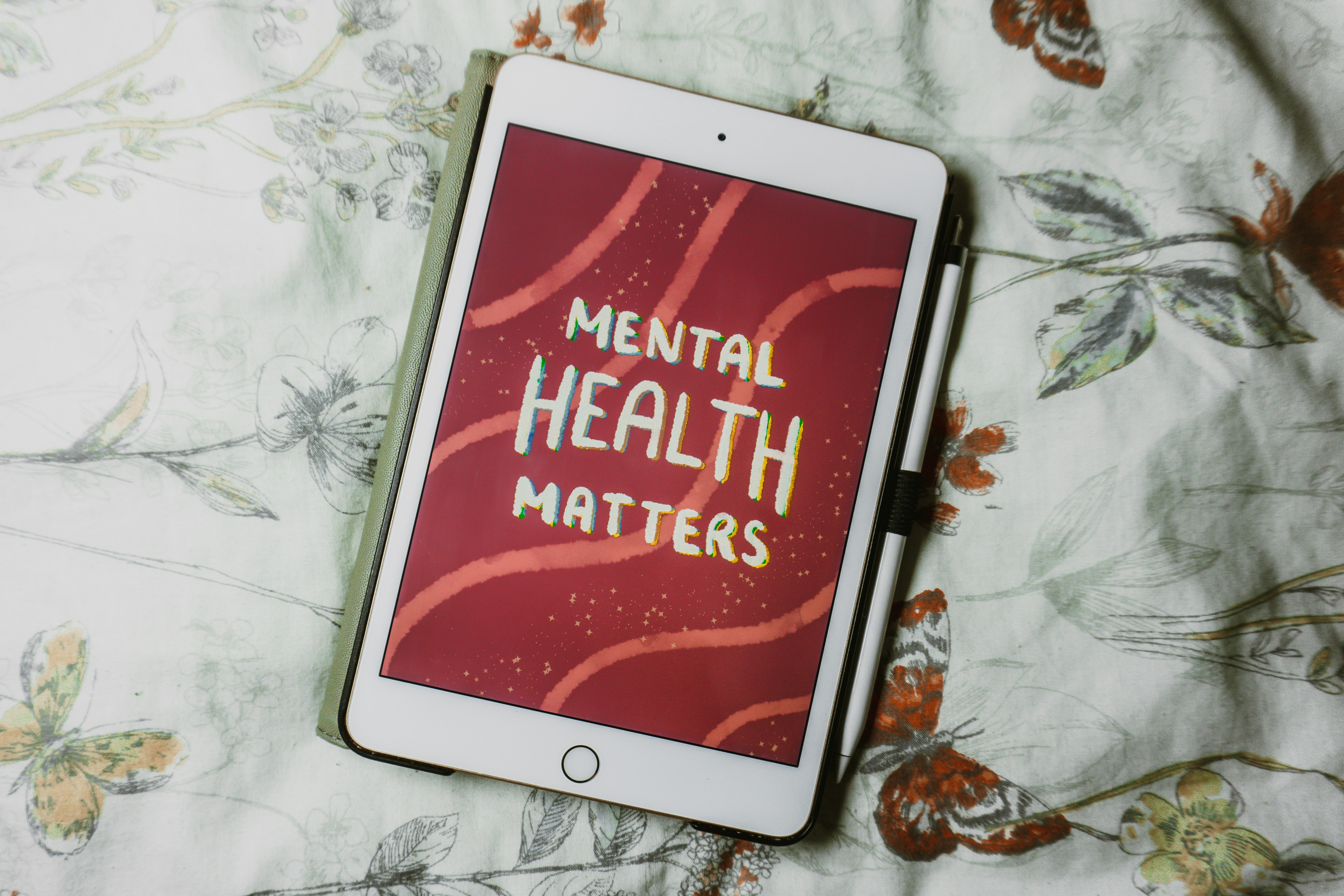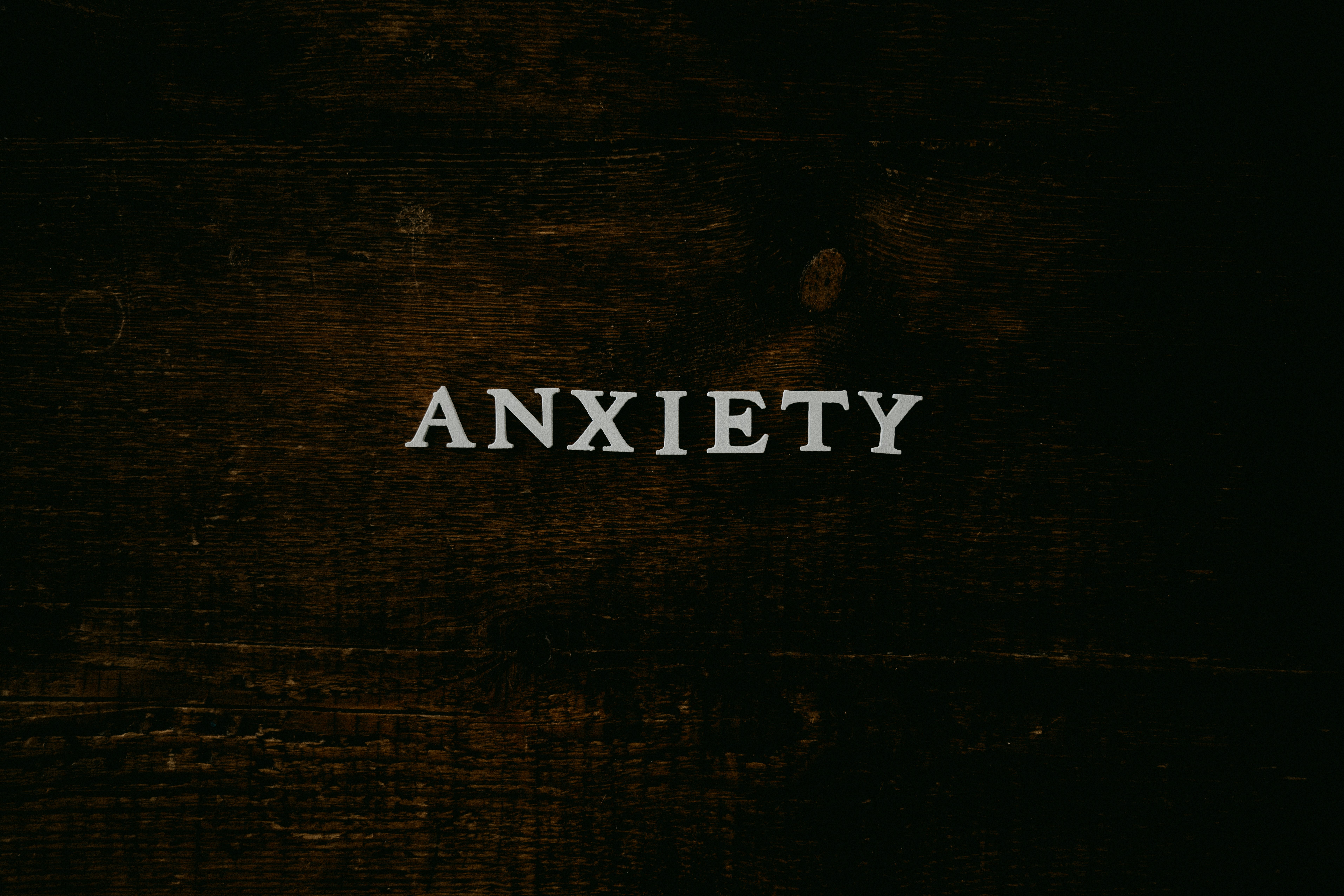Table of Contents
- What is Mental Health?
- What Influences Our Mental Health?
- The Modern World and Mental Health
- How to Spot Mental Health Issues
- Treatment: Therapy and Medication
- The Importance of Self-Care and Community
- Tackling the Stigma
- Looking Forward: The Future of Mental Health Care
- Conclusion
What is Mental Health?
When we talk about mental health, we’re referring to a mix of emotional, psychological, and social factors. It affects how we feel, think, and act, and it plays a vital role in how we handle stress, connect with others, and make decisions. From childhood through adulthood, robust mental health is fundamental.
The National Institute of Mental Health (NIMH) tells us that mental illnesses are not only common but often treatable. Disorders like depression, anxiety, bipolar disorder, and schizophrenia are among the top causes of disability globally. Nearly one in five adults in the U.S. was living with a mental illness in 2020. With such staggering statistics, understanding mental health helps us recognize symptoms and seek the right help.
What Influences Our Mental Health?
The tapestry of mental health is woven from genetic, biological, environmental, and lifestyle threads:
- Genetics: Mental illnesses often cluster in families, hinting at genetic vulnerability.
- Biology: Brain chemistry is crucial. Imbalances in neurotransmitters can disrupt mood and lead to mental health challenges.
- Environment: Our surroundings deeply affect us. Experiencing violence, trauma, or chronic stress from factors like poverty or discrimination can heighten the risk of mental health issues.
- Lifestyle: Choices matter. Poor diet, lack of exercise, substance abuse, and disturbed sleep patterns can fuel mental health problems.
The Modern World and Mental Health
Our digital age, with its unending connectivity, presents unique challenges. Social media, for example, has been linked to increased feelings of depression and anxiety, as constant comparisons and the pressure to maintain a ‘perfect’ online presence take a toll.
Workplace stress is another growing concern. In our competitive economy, many face burnout, with the World Economic Forum noting that this stress significantly affects productivity and well-being. The pandemic further compounded these issues, prompting more people to remote work, which often feels isolating, sparking a rise in anxiety and depression.
How to Spot Mental Health Issues
Being able to identify the signs of mental health problems early on is essential. Here are a few things to watch out for:
- Persistent feelings of sadness or low mood
- Excessive worry or anxiety
- Changes in appetite or sleep
- Difficulty concentrating or making decisions
- Withdrawal from social interactions
- Unexplained physical symptoms
- Increased reliance on alcohol or drugs
If these symptoms resonate with you or someone you care about, reaching out for professional help can make a big difference.
Treatment: Therapy and Medication
For many mental health disorders, therapy and medication are key treatments. Cognitive Behavioral Therapy (CBT) is particularly effective, helping individuals identify and modify negative thought patterns. Medications like antidepressants and anti-anxiety drugs can also be useful, but it’s essential to consult healthcare professionals to tailor the treatment.
The Importance of Self-Care and Community
While professional help is critical, self-care and support from your community are invaluable. Activities that promote relaxation—exercise, meditation, or engaging in hobbies—help manage stress. Surrounding yourself with a strong support network of family and friends can provide much-needed comfort. Support groups offer shared understanding and strength for those navigating similar challenges.
Tackling the Stigma
Despite growing awareness, stigma around mental health is still a barrier. It can prevent people from seeking help and worsen feelings of shame and isolation. Educating ourselves and others, encouraging open conversations, and challenging misconceptions are vital steps toward dismantling stigma.
Looking Forward: The Future of Mental Health Care
The future of mental health care is promising. Teletherapy has expanded access significantly, allowing people to seek care conveniently from home. Advances in genetics and neuroscience also promise more personalized and targeted therapies.
Conclusion
Mental health is a cornerstone of a well-rounded, fulfilling life. In our high-speed modern world, it’s imperative to prioritize it by recognizing the factors influencing mental disorders and the signs of when to seek help. By embracing professional treatment, practicing self-care, and building supportive communities, we can foster mental wellness and reduce stigma.
Together, let’s work toward a world where mental health is valued and nurtured, just as vital as our physical health. By creating a culture of empathy and support, we can ensure that mental health is a principal focus for everyone.


